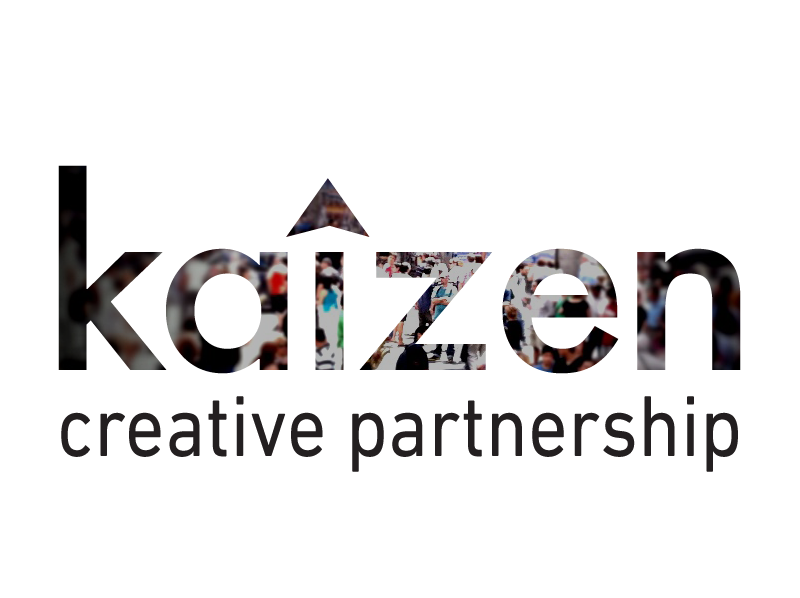Entrepreneurs own it all. They must. Very few can afford a rock star team on day one. Startups are expensive both in blood and treasure and the only way to build a team of any sort is to surround yourself with smart, active, professionals who can lend expertise to key components of execution. The solution is to build an advisory board. But how do you vet it? Who is the best fit?
In the search for advisors, there are lots of archetypes for people you’ll encounter. The most frequent are: Optimists, Pessimists, and Board Members.
Optimists
Optimists are intoxicating. Optimists are actually the first and most important part of really deciding you can go off and build something. Optimists encourage success and are valuable in that sense. However, after a few steps down the road of entrepreneurship, too many Optimists can be a drawback. Often flyby optimists fabricate products and services into romanticized caricatures of themselves; they ooze with excitement and visions of dollars and what I like to call ‘stage innovation’ (Think Steve Jobs giving a TedTalk about something so remarkable you don’t understand it, but KNOW it’s the future). Optimists are not quite “Yes Men” but in practice they all too often fall as comfortably into that category.
Pessimists
Pessimists are doubters from the get-go. Some have experience in some way or another building a business. Most don’t. But both of these groups are practically certain you can’t succeed. They’ll question a startup’s originality, ability to execute its policies (usually with an obtuse set of criteria), and be concerned if your innovations have any possible future at all. More often than not, their cynicism is not quite based on any reality that they’ve experienced themselves. Entrepreneurs find themselves sparring with Pessimists all the time. They’ll push you, you’ll hit them—and you’ll always come out a winner because you’re the only one in the ring who’s been thinking about details.
Ideal Board Members
Which leaves the “ideal” Board Members, who are always the most experienced professionally. They are the inquisitive group who ask questions steeped in specifics and immediately scan their rolodex for folks that can answer these questions if you, or they, cannot. The Board Member is networked, the Board Member is perceptive, and the Board Member is usually mastered at their professional roles.
Build a Great Advisory Board
In the early stages of structuring a company entrepreneurs are responsible for building and sourcing everything they need from the ground up. And that early stage is when entrepreneurs fall in love with their endeavor. That can sometimes lead towards them surrounding themselves with Optimists that rarely challenge their decisions and eternally play cheerleader. Validation can be intoxicating. But validation from unending encouragement is not the same thing as validation from the marketplace. After all, that’s why we found companies in the first place.
Acceptance in the marketplace, or irrefutable data that validates a concept, is the key to validation. But its hard to “see the forest for the trees” when you’re a lone entrepreneur. That’s why it is so important to surround yourselves with people that pushback constructively.
Great boards push back. Great boards challenge. But most importantly, great board members offer solutions, networks, and introductions to people, parties, and pivots for how problems can be solved. Great board members ask tough questions AND help answer them. That’s the crux. You don’t need to build an Advisory Board with all of the pomp and circumstance of a VC fund. You just need colleagues and mentors that can identify scratches and dings in your plan, as well as offer up solutions.
While its okay to have an optimist or pessimist to bounce ideas off of, having a great board can make a tremendous difference to a company at any stage. Great Board Members take away much of the lonely uncertainty an entrepreneur faces on the road to success. They challenge as well as cheer. Don’t be afraid to ask questions you can’t answer, be eager to find people who can.
Special thanks to my partners: Barry Enderwick and Gary McMath.

